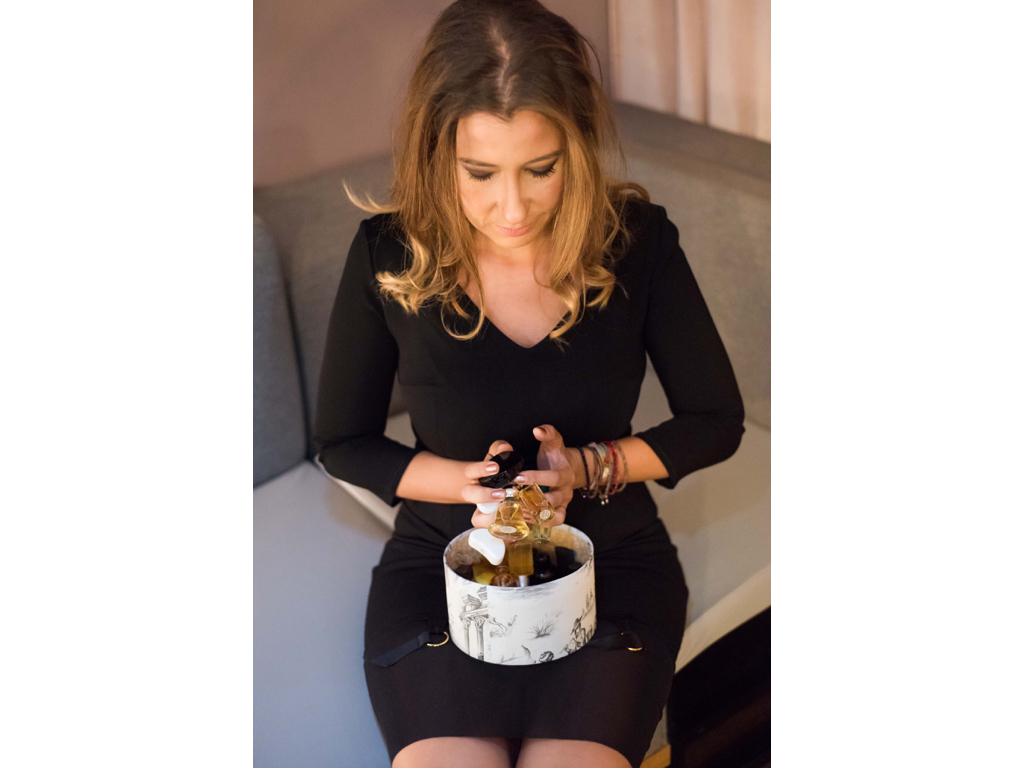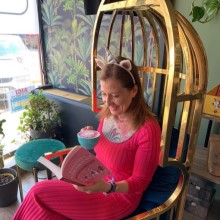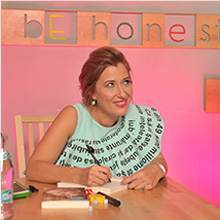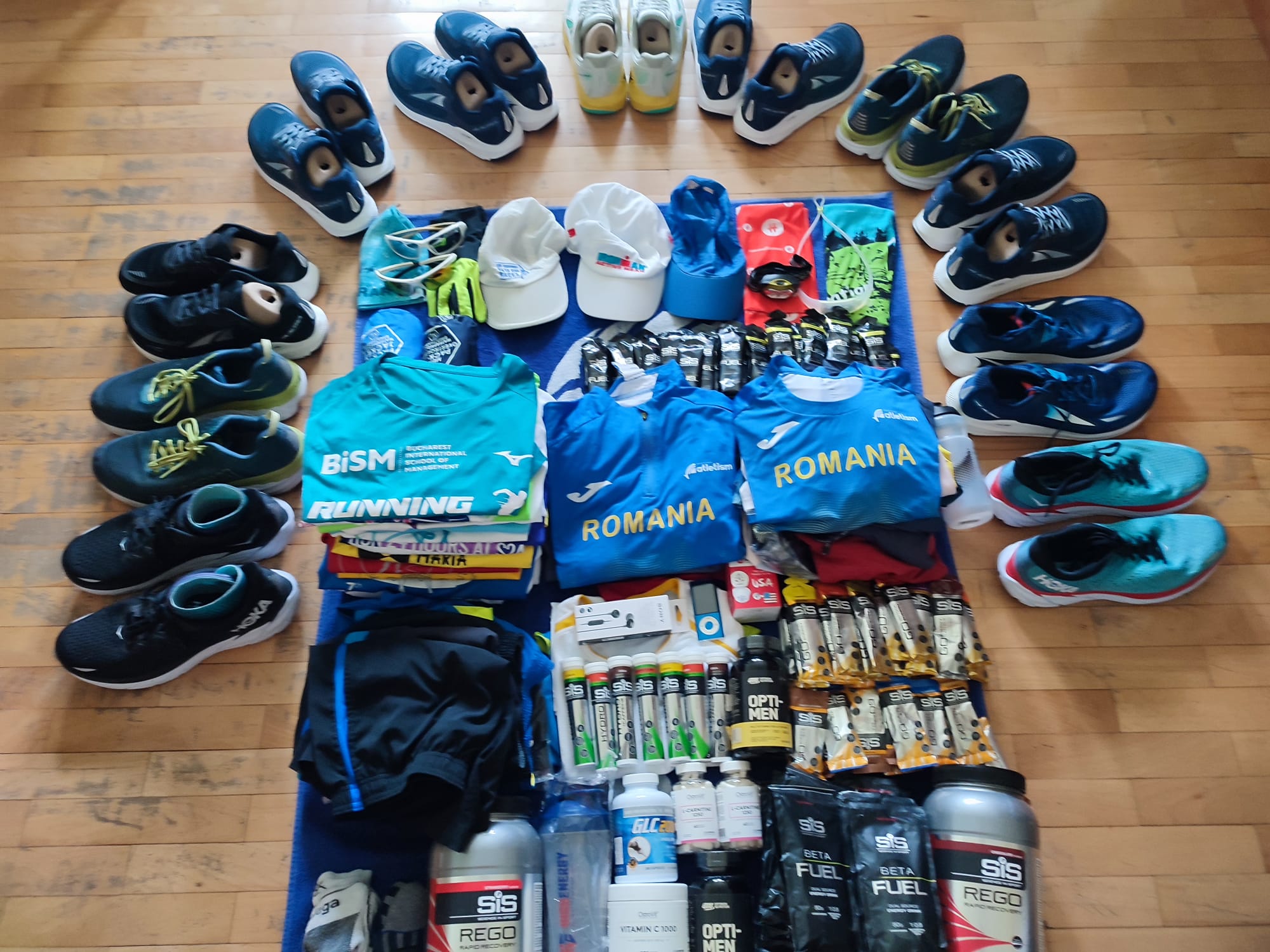5 Beauty trends for all: skin care, fragrance, men, intergenerations, anti-excess


Evaluated at more than $530 billion, the beauty industry is facing its own trajectory changes in a global pandemic and post pandemic world.
According to Wunderman Thompson Intelligence’s findings, younger Americans, aged 18 to 24, are five times more anxious than generation X and boomers; they are burdened by concerns around the economic future, job prospects and the cost of living. Despite that, an underlying sense of positivity keeps people hopeful during these uncertain times as they take to the internet to search for good news and tune into uplifting stories.
Brands’ roles in general and beauty brands’ roles in particular continue to evolve as companies are called on to step up and assume a philanthropic mantle. The global lockdown has given people time to reflect, and to reprioritize and reinforce their values. From the importance of community and generations togethernes, as well as supporting local enterprises to the need for better public health regulations, protecting future generations and better cross industries partnerships, brands and marketers have a plethora of new consumer attitudes to address.
If you are working in or for the beauty industry, these are 5 trends (plus one recommendation for the language of advertising) that could help you navigate into the future:
1. Skin care 2.0
Technology for hyper-personalization in skincare is now also being used to elevate sanitation and deliver professional-grade care at home. Beauty experts are turning to technology to offer virtual facials and digital skin consultations. It all started back in spring, when everything was closed. Kiehl’s has made its in-store personalized consultation service, Healthy Skin Hub, available via an online chat service, while Deciem and Valmont are also introducing digital consultations to address skincare concerns and offer product recommendations. To complement these services, skincare enthusiasts are purchasing products and devices that mimic professional procedures in the pursuit of clinical results at home. Beauty e-tailer Dermstore reported that purchases of tools such as microneedling devices were up 150% year-over-year in March and April 2020, exfoliation products were up 350% and sales of lip exfoliators and plumpers increased 200%, as consumers look for at-home alternatives. Consumers look to replicate the clinic at home, either for cost efficency or health safety.
To date, hyper-personalized beauty treatments have focused on factors such as microbiome conditions, hormone levels, air quality and ultraviolet rays. But with brands now claiming hand sanitizer as a beauty product, could it become the latest essential for skincare enthusiasts?
Target these new needs and do not force the consumer to bring the past beauty world home, forcing rituals which are quite unlikely. Assuming same make-up habits as if going to the office is just an internal marketing department tension, it is not a consumer reality!
2. Fragrance 2.0
To launch its latest washing machine, Samsung worked with perfumer Sarah McCartney to create a fresh scent called Freshly Laundered – Eco Edition. The packaging for the laundry-inspired fragrance is designed to look just like the Ecobubble machine. The bespoke perfume is shared for free with customers who purchase a machine from Samsung KX in Coal Drops Yard, King's Cross, but some will also be given away to fans on social media.
To promote the unisex fragrance and the new washing machine, Samsung also worked with gymnast Max Whitlock. Samsung was inspired to create this fragrance after a survey revealed that the scent of fresh laundry is among adults' favorite smells, followed by clean bedsheets, cakes baking in the oven, seaside air and freshly cut grass.
The fusion between industries and/or fields - likewise Samsung, fragrance industry and gymnastics - will be a talk of saving costs, bringing communities together, recreating needs, bringing the human touch to the world of tech.
Try to figure out your own fusion!
3. Navigating new territory for men
We see a “feminization” on males’ horizon—not to weaken men, but to let them express themselves in honest and empowering ways. Plastic surgery: No longer taboo but a badge. Men are and will be in increasing numbers making themselves over; first the body, then the face. According to the American Society of Plastic Surgeons (ASPS), male cosmetic surgery has jumped up 28% since 2000. There’s a phenomenal opportunity to give men the power to transform themselves. AI and VR will be deeply integrated into these reinventions to enable these males to have exactly the appearance they crave. And the women in their lives will be more than happy to pay for it.
A new moment is emerging in which men will increasingly focus on their appearance. Remember: When women were denied societal power, they used their beauty, their bodies and their charm to glean power and get their needs fulfilled. Women enjoy the biggest transfer of wealth in history (with $30M changes hands over the next decade with women getting the majority—about $21M), males will vie for the female gaze with new alpha-courtesan behaviors and wardrobes to match. As sexuality becomes digitized and AI-driven, men will become charmingly dandified to entice women and compete with other men, women, gender-frees and the bots. Competition is the mother of invention.
4. Generations of beauty
Knowing that people still want to feel connected even though they have to be apart, Makeup Museum created a virtual intergenerational beauty campaign called Generations of Beauty. The campaign was devised to support seniors and grandparents who are experiencing loneliness during the prolonged period of spring isolation by encouraging younger generations to spark discussions about beauty-related memories.
For every social media comment or like on its #GenerationsOfBeauty posts, Makeup Museum was donating to Meals on Wheels to support homebound seniors.
This intergeneration exchanges will keep going because there is an increase span of senior population with medium to high education and income, willing to be part of the active life and needed to bring their time and expertise.
5. Anti-excess consumerism
As a pandemic recession looms, people are thinking twice before buying, and considering the long-term impact of their money on society and on the planet.
Millennials and gen Zers were already gravitating to sustainable brands before the pandemic. The way some governments have framed the move to lockdown as health versus economy—as if one has to be sacrificed for the other—has left many questioning the very basis of our consumer-driven economy. Weeks in lockdown have only strengthened that introspection, and a yearning for less frequent, more mindful consumption.
Following this trend, C’est Moi is introducing its debut beauty collection with One of One, which shares multi-purpose beauty products for the eyes, lips and face—all the while sharing formulas that were created with sensitive skin in mind. Within the collection, there are items like the dual-sided Face Balm Cleansing Duo, which has a cleansing balm on one end and an exfoliating silicone brush at the other. There are also Treatment Mists that are as skin-soothing as they are relaxing, and they can be used to support different moods.
If different industries were to leverage the use of a raw material, it would limit the need to source the same raw material multiple times and it would increase the sustainability of it. The cosmetic industry could extract polyphenol-rich materials from parts of the fruit not used by the food industry. These plant ingredients provide antioxidant benefits. Companies producing apple juice that remove the apple skin and seeds could sell these materials to companies producing polyphenol-rich apple extracts for cosmetic, cosmeceutical, nutraceutical or pharma applications.
A recent example is the BioWaste program funded by the European Commission Department of Agriculture. This program includes projects such as Apopros and Transbio.
Examples of food processing waste for cosmetics is given for coffee, tomato, olive and citrus. These ingredients have significant consumption worldwide, therefore their waste has a negative impact on the environment and economy. The possibility to recycle this waste could lower this impact and increase the sustainability of these ingredients.
***
What is the new language of advertising for marketers and brands (be they from beauty industry or in general?)
Brands and advertisers are rethinking how they talk to consumers as traditional communication strategies and cultural tropes are being upended. A US survey on pandemic attitudes by Wunderman Thompson Data finds that, while the majority expect to return to their regular activities and behavior after the crisis, that’s not so much the case with person-to-person interactions. Forty-one percent do not expect to go back to kissing someone on the cheek by way of greeting, while 43% do not expect to resume shaking hands. The survey covered 500 adults in the United States and was conducted between March 20 and 23, 2020.
Post-pandemic consumers will live in a less touch-oriented world with a focus on the home and a new emphasis on digital life. With this new set of values comes a new lexicon for advertising—brands and marketers will need to ensure the world and principles they’re portraying reflect consumers’ realities. And this lexicon should be also be a little bit more practical and purpose (for real) driven.
Sources of information and inspiration:
a. “The Future 100 2.0.20” is a follow-up, highlighting 20 key trends that have fast-tracked as a result of COVID-19, plus five completely new trends to watch as the world embraces new habits
b. Faith Popcorn is founder and CEO of Faith Popcorn’s BrainReserve, the futurist marketing consultancy she established in 1974. The New York Times has called her "The Trend Oracle," Fortune magazine named her, "The Nostradamus of Marketing," and she is recognized as America’s foremost Trend expert.
Photo credit: Anca Milushev at Murmur showroom and with Murmur clothing















